Affiliate links on Android Authority may earn us a commission. Learn more.
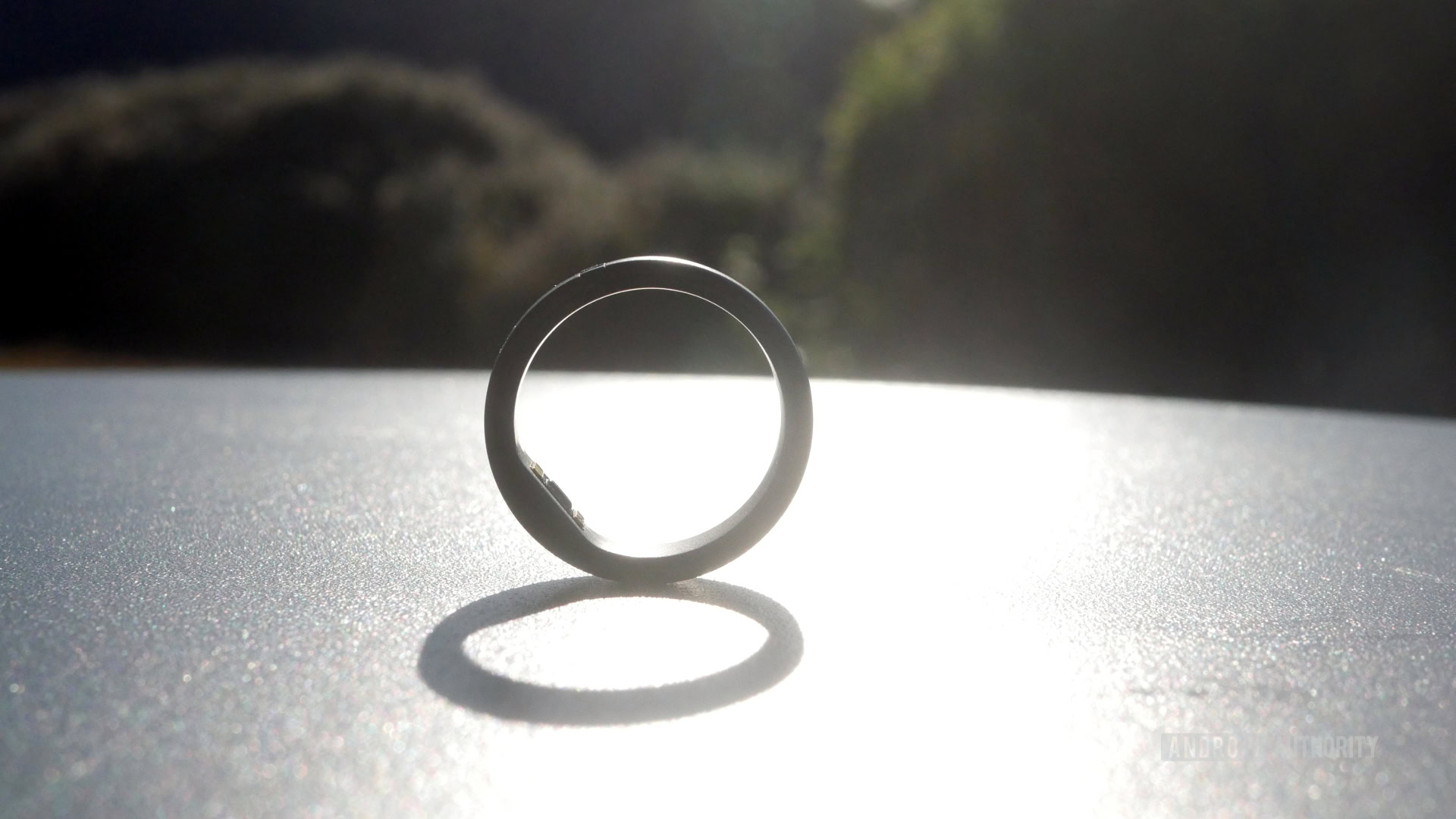
Motiv Ring review - one fitness ring to rule them all?
August 4, 2018
Motiv Motiv Ring
What we like
What we don't like
Motiv Motiv Ring
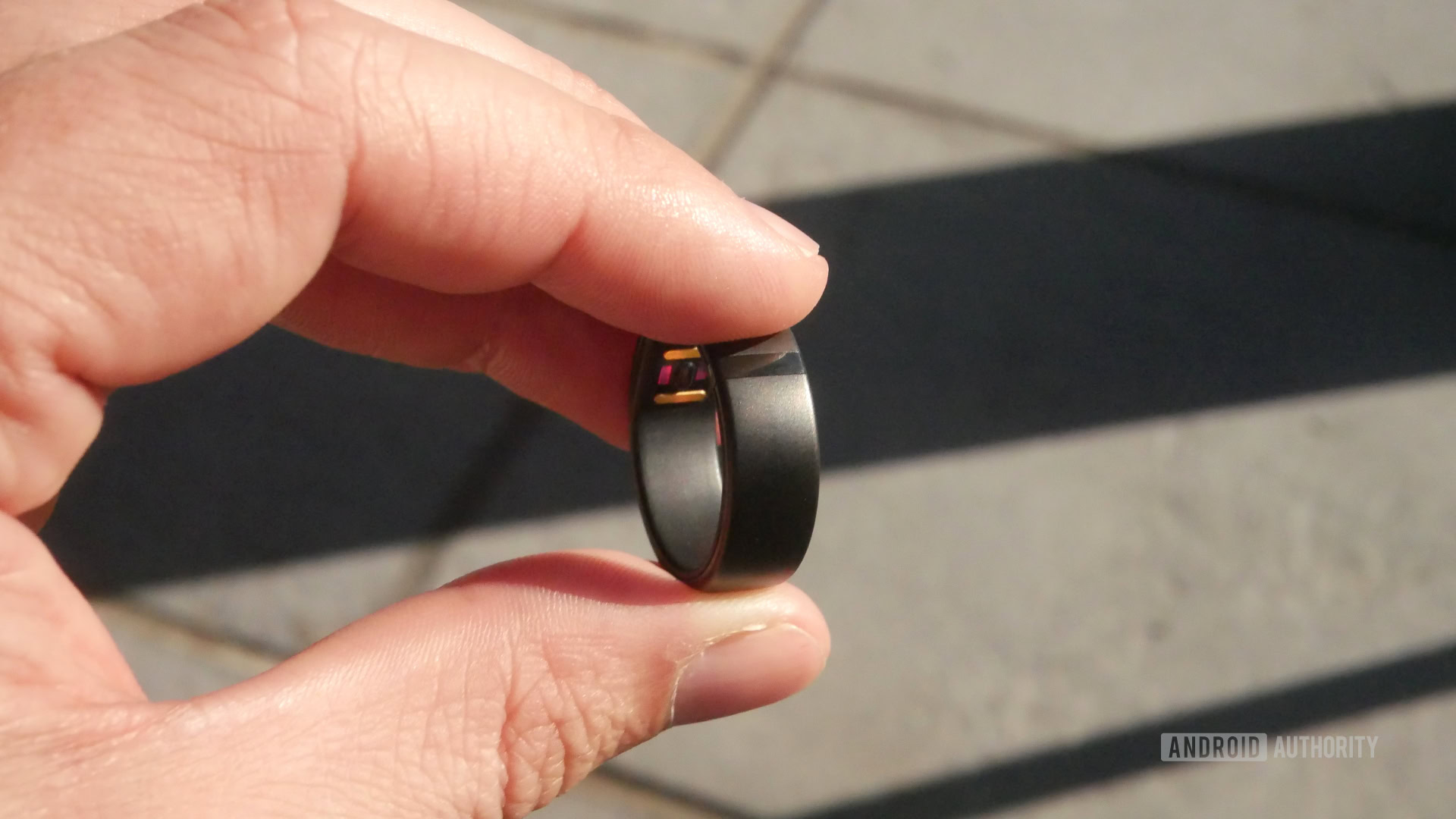
After complaining about a lack of innovation in the fitness tracking space, I’ve had the opportunity to review two unique products in this space. The first was the PowerWatch X, which never ran out of battery but its features and performance were ultimately disappointing. Now comes the Motiv: a fitness tracker ring that is worn on a single finger, rather than a wrist, and which only just announced official Android support. Can this diminutive device fare better? Let’s find out in our full Motiv Ring review.
Concept and features
The idea here is simple: being able to track your steps taken, your calories burned, and your sleep is great, but wearing a huge device on your wrist 24/7 that gets sweaty, catches on things, and moves around a lot is less great. Conventional fitness bands also prevent you from wearing another watch without looking very over-blinged. They don’t work with all outfits, and they can even be a potential hazard during certain sports such as rock climbing.

Something like the Motiv Ring offers a tantalizing solution. This band fits like a wedding ring, but despite its diminutive size, it packs an optical heart-rate monitor, three-axis accelerometer, Bluetooth, three-day battery, and LED. Its use of space is pretty impressive — these tiny components must be packed in there pretty tightly. It’s even water-resistant up to 50m. iOS users have been enjoying this freedom for a while now, but now it’s our turn, as Motiv now supports a host of Android devices (Samsung Galaxy S7, S7 Edge, S8, S8 Plus, S9, S9 Plus, Note 5, and Note 8, and Google Pixel, Pixel XL, Pixel 2 and Pixel 2 XL).
Let’s get into the actual performance and practicality.
Design and comfort
There’s not a huge amount to say in regards to the design. The whole point of wearing a ring as a fitness tracker is that it isn’t a big ostentatious watch. It was designed to be subtle. It’s just a plain ring, available in either slate grey or rose gold, both of which look pretty nice. It’s made from matte titanium, and it feels pretty solid without being weighty. The only noticeable design element is a very faint line, which also houses an LED (which is off most of the time).

This LED shows you when the device is charging and when it is syncing. Syncing can be prompted manually on the device by rotating it three times, which is pretty cool (though it occasionally refused to work). I would personally quite enjoy wearing a gadgety, biohacker type ring with lots of LEDs and things, but I understand why this subtler approach is probably more versatile.
The Motiv Ring has been designed with subtlety in mind.
While the ring itself is quite plain, there are some nice design touches throughout the entire experience where Motiv shows a little style. The box has a crisp and premium feel to it. Likewise, the charger is pretty clever. You actually get two, along with a magnetic housing to clip one to your keyring. These insert into a PC or powered charger, and then magnetically charge the ring which balances on top. It’s not terribly intuitive, but after the app walks you through it, it’s a rather smart solution. It’s great that the charger is just as svelte as the ring itself.
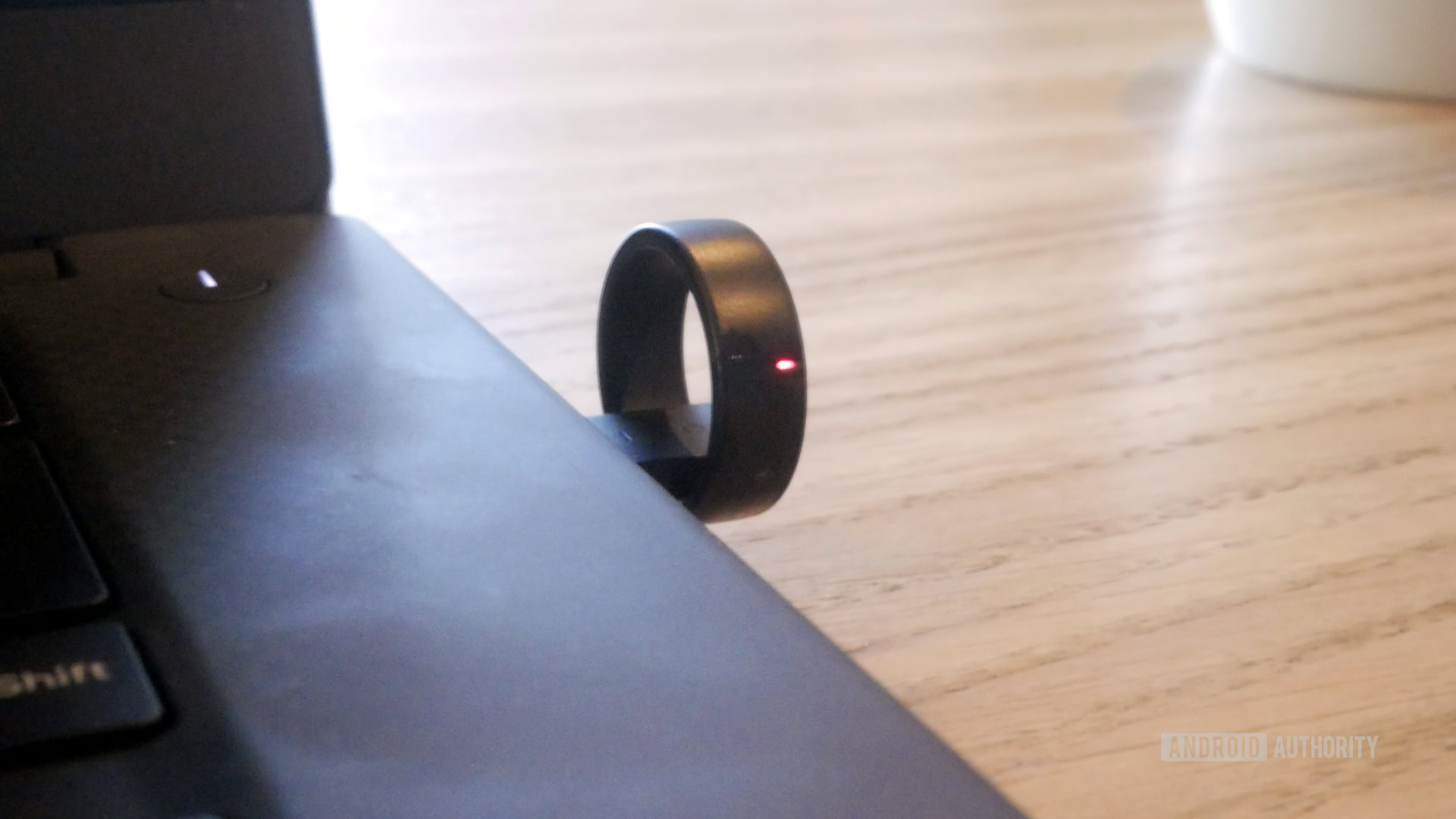
Comfort is really one of the big selling points of the Motiv Ring, and it’s something that will make or break the experience. As long you get the right size, the Motiv ring is perfectly comfortable. When you order a ring, you’ll first be sent a sizing kit (unless you can borrow one off of a friend — something Motiv incentivizes with a $20 discount). This kit is also pretty smartly designed, and it creates a little anticipation while you wait for your ring to arrive. The ring sizes don’t use the conventional measurement system of jewelry (I’m sure there’s a good reason why not) and Motiv encourages you to wear the samples for a while before making a choice, seeing as your finger typically changes size throughout the day. I found that there was only one size I could possibly wear — the others either didn’t fit on my finger at all or left far too much space.
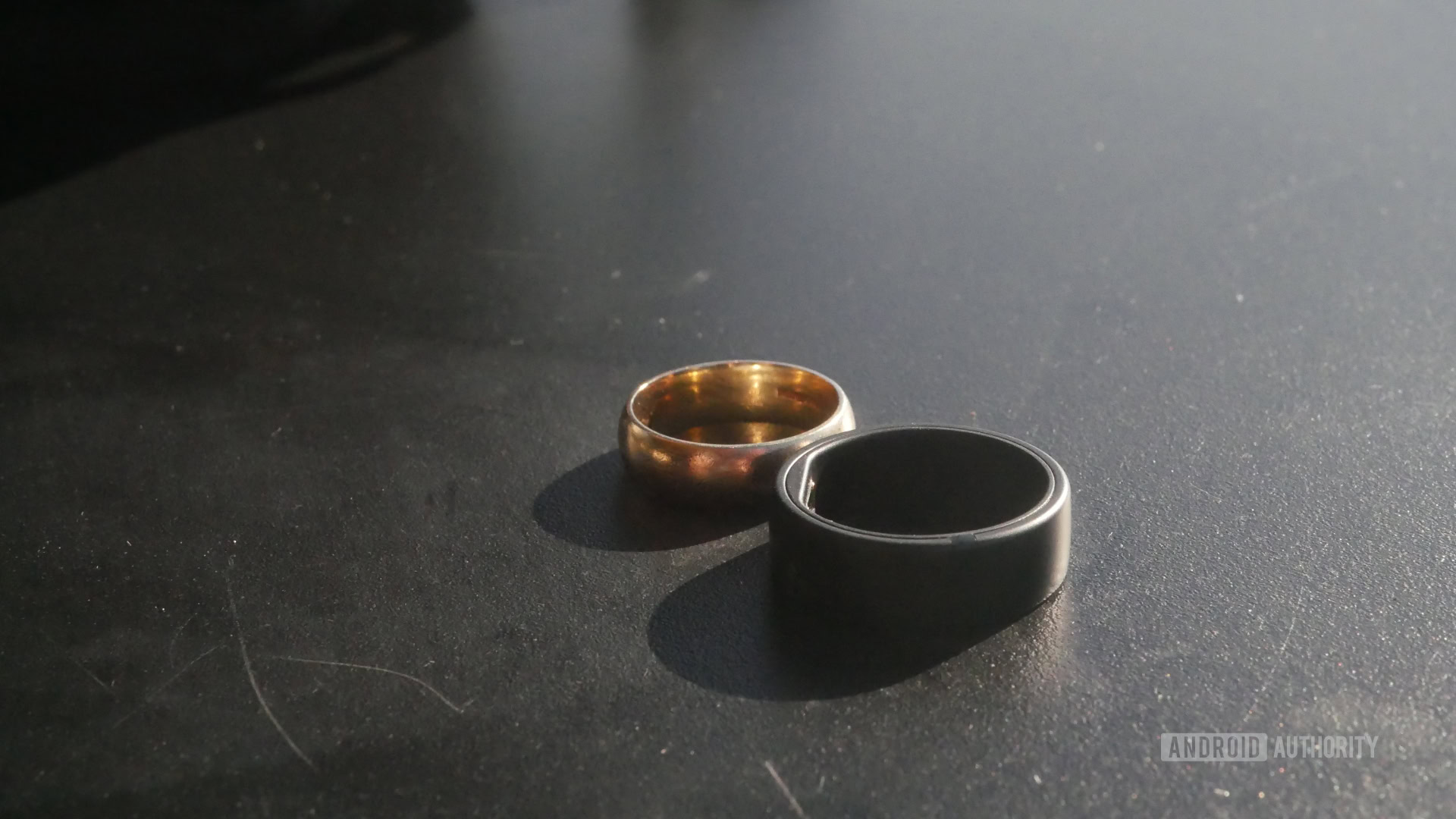
Because of that, I was a little worried. However, since receiving my ring I’ve had zero complaints. It’s been very comfortable for the most part, with only a few caveats.
Experience
So, what is the Motiv Ring actually like to wear on a daily basis? Is it really that much more convenient than a watch? Yes and no.
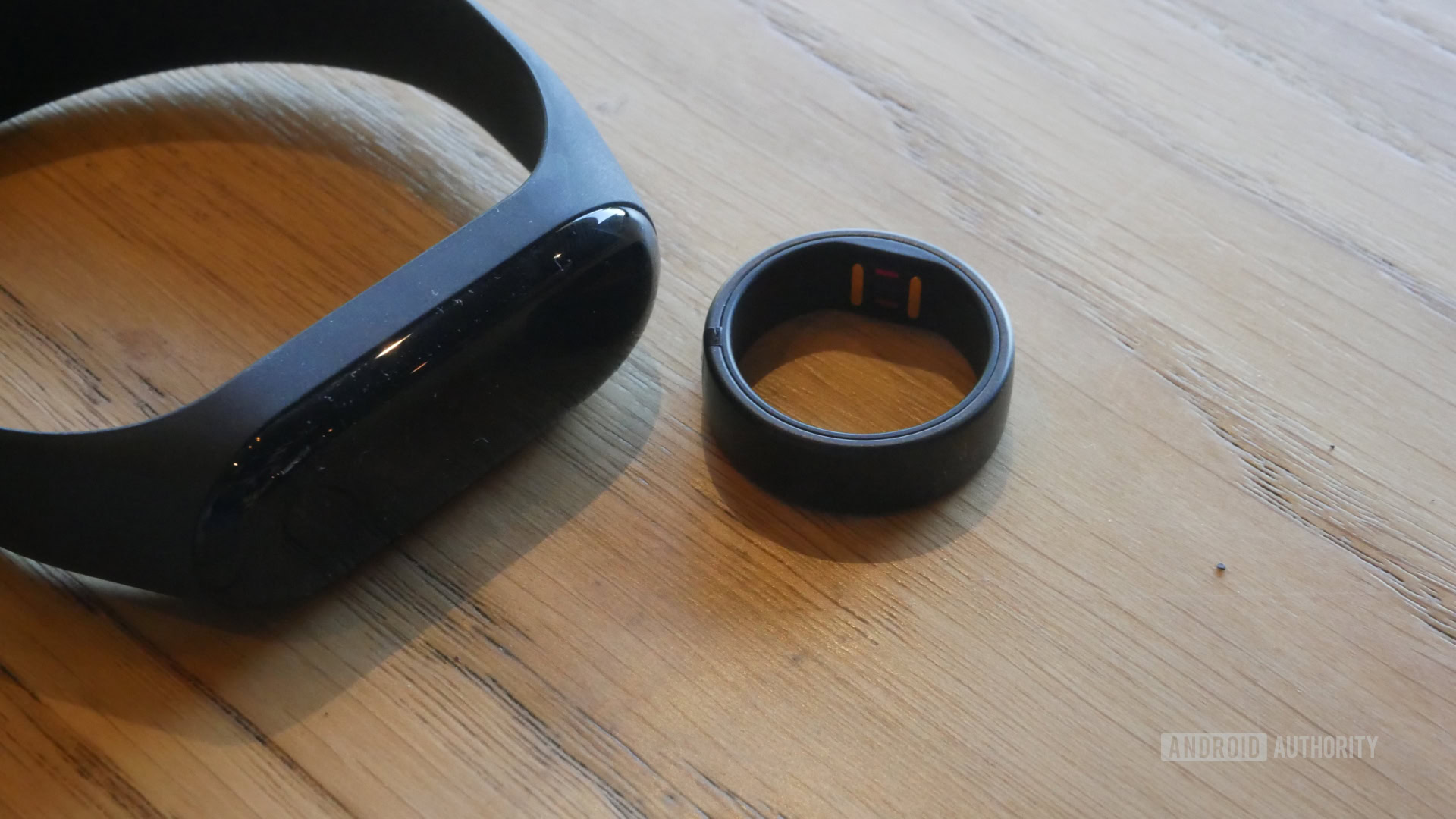
On one hand, a ring is easier to forget. I’m far less conscious of wearing a fitness tracker with it, which is an admirable feat. Sleeping wearing a ring is considerably more comfortable, which is ideal for sleep tracking. Likewise, as I mentioned, wearing a ring means you won’t have problems with other items of clothing or jewelry. A bulky watch always feels in the way when I’m typing as I rest my wrists on the keyboard — this isn’t a problem with the Motiv Ring.
However, there are also some downsides here.
For one, wearing a ring is less than ideal when you’re hitting the gym. Lifting weights will cause the device to scratch pretty severely, blemishing the matte finish. After a single workout using a barbell, my Motiv was very noticeably scratched on the underside. To avoid that you’ll have to take it off, meaning you aren’t tracking anything and are more likely to lose or forget it.
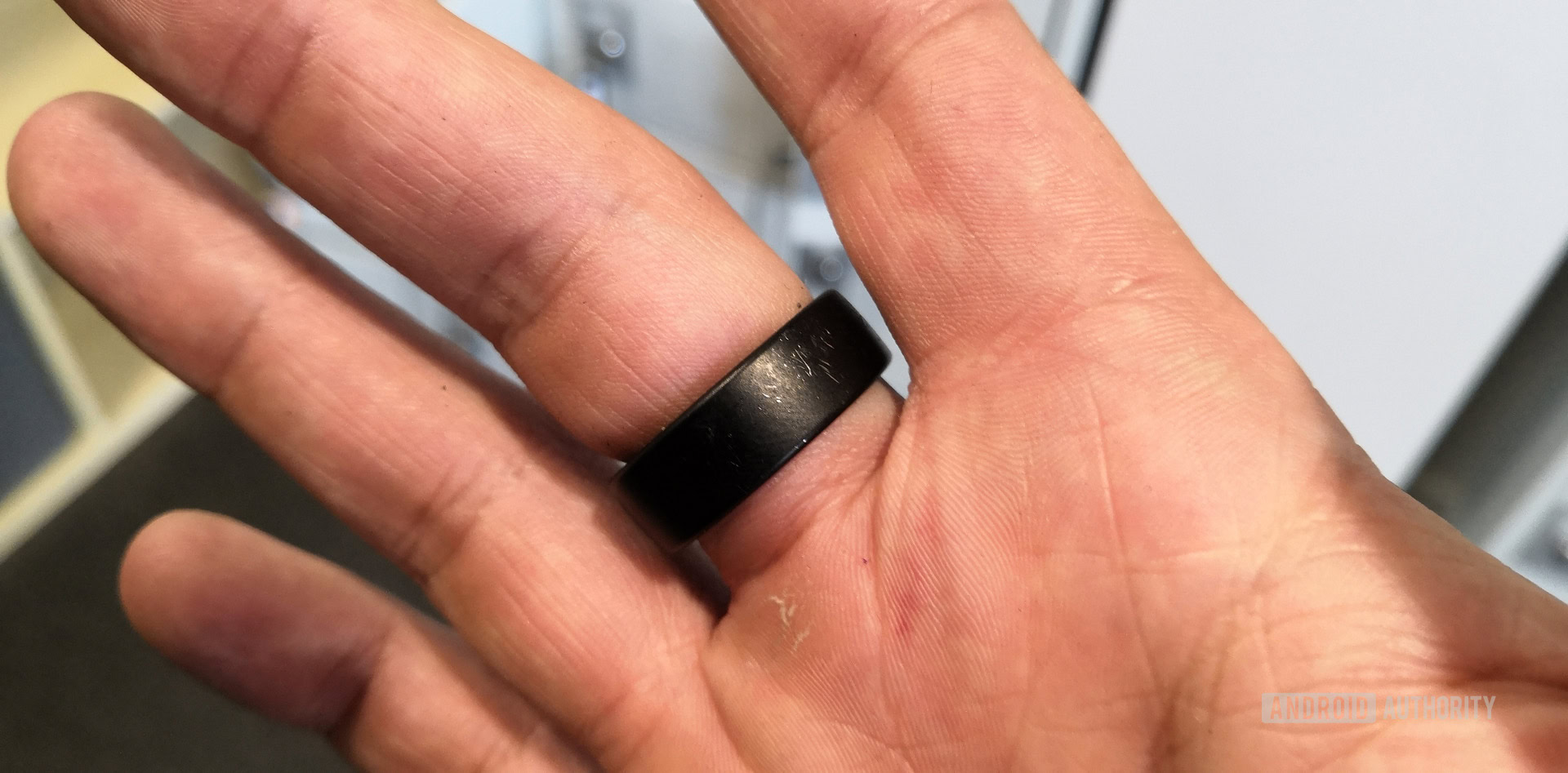
It hurt to do that to it as part of the Motiv Ring review, too. I know this probably isn’t primarily what the device is intended for, but if you’re tracking your calorie burn throughout the day, then you should be able to wear it during workouts. If you’re trying to burn more calories and working out is one of the primary ways you intend to do that, you’re essentially forced to remove your tracker when you need it most — or live with it scratched up.
Even if you don’t mind the scratches, wearing a ring isn’t ideal during a heavy deadlift as it actually gets in the way. I also found it to be less than ideal when punching a bag. It’s not advisable to wear it climbing, either. Practically any activity where you’ll need gloves or use your hands a lot can cause problems or discomfort.

If you want to see something really gruesome, google “degloving” (it’s really gross, don’t say I didn’t warn you). This is why rings and weight-lifting do not make great bedfellows.
The Motiv Ring has a tendency to move around a lot and can't be worn during all activities.
This won’t be a problem for those who primarily workout by running, playing tennis, skipping, or otherwise using their legs, but I know a lot more people who lift weights than run. This is a reality many manufacturers seem unwilling to accept.
Another slight issue is that the ring has a tendency to move around a lot by rotating. This isn’t a huge problem, except it means the heart-rate monitor will often move away from the fleshy underside of your finger where you should maintain contact. This could potentially influence its accuracy.
Then there’s the light bleed, which I noticed multiple times during the Motiv Ring review period. When the heart-rate monitor is flashing away during the night, you’ll be able to see the green light creeping around the corners. This is a minor gripe, but even light you aren’t consciously aware of can increase cortisol, decrease melatonin, and ultimately lead to less restorative sleep. Kind of the opposite of what you want from a health tracker!
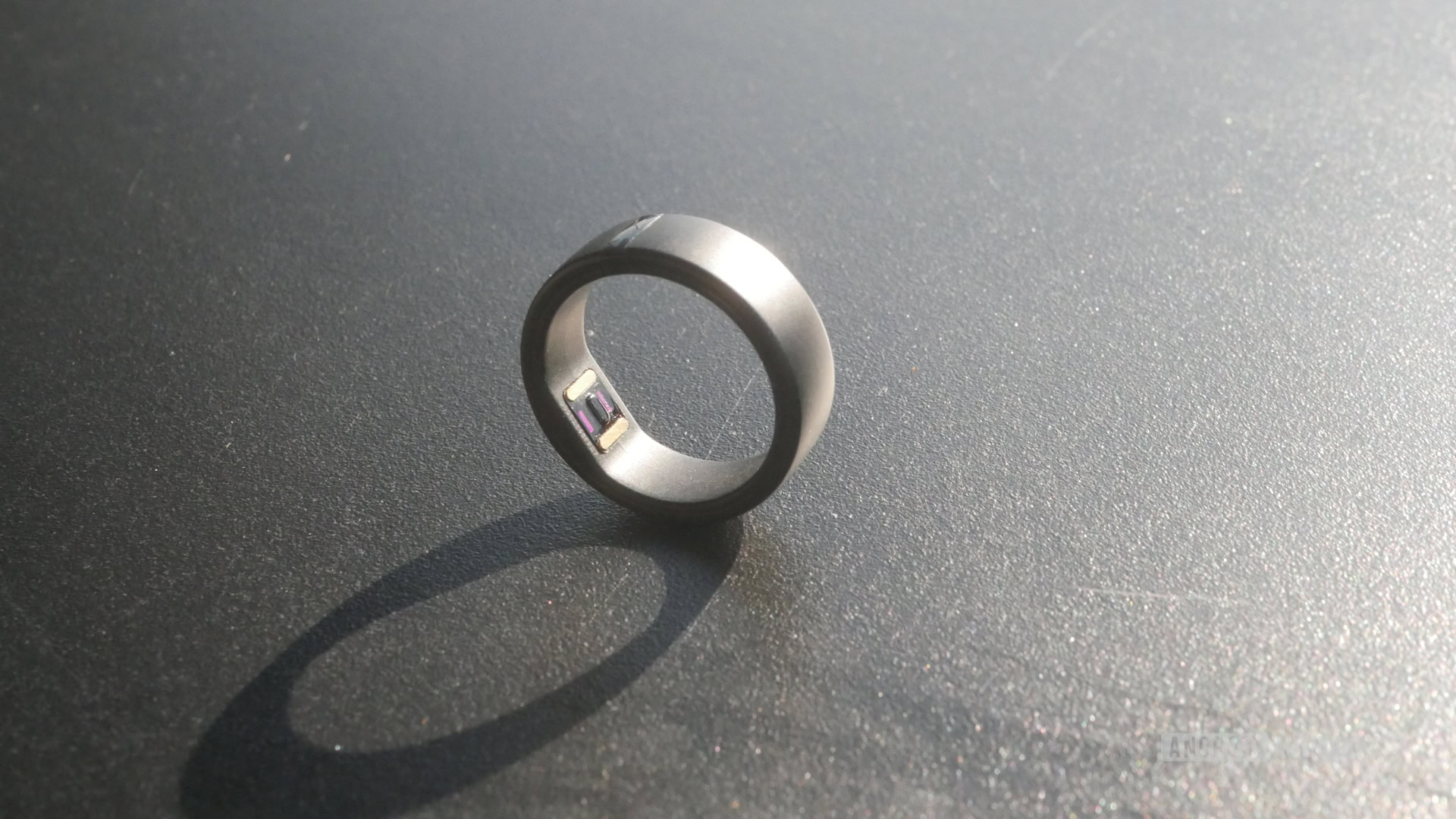
The Motiv Ring is also still something of a visual statement. If you’re not the sort of person who wears rings, it might take a while to get used to the look. If you wear a lot of rings, then you’ll need to consider how it’s going to look alongside your other jewelry.
Still, despite these shortcomings, a ring is still significantly less of an imposition than a watch when worn 24/7. It’s probably a little healthier as well.
Performance and tracking
The Motiv Ring could be the most comfortable device in the world, but it still needs to do what it says on the tin. So how does it fare in terms of its ability to track your performance?
First, its features are fairly bare bones. Don’t come into this expecting Fitbit or Garmin levels of data. Instead, you’ll get a number for your “active minutes,” which represents a combination of movement (mainly steps as far as I can tell) combined with a higher heart rate. Just walking isn’t enough; you need to cross a threshold in order for them to become “active steps.” You’ll be given an active minute target, too (set at 21 minutes for me).
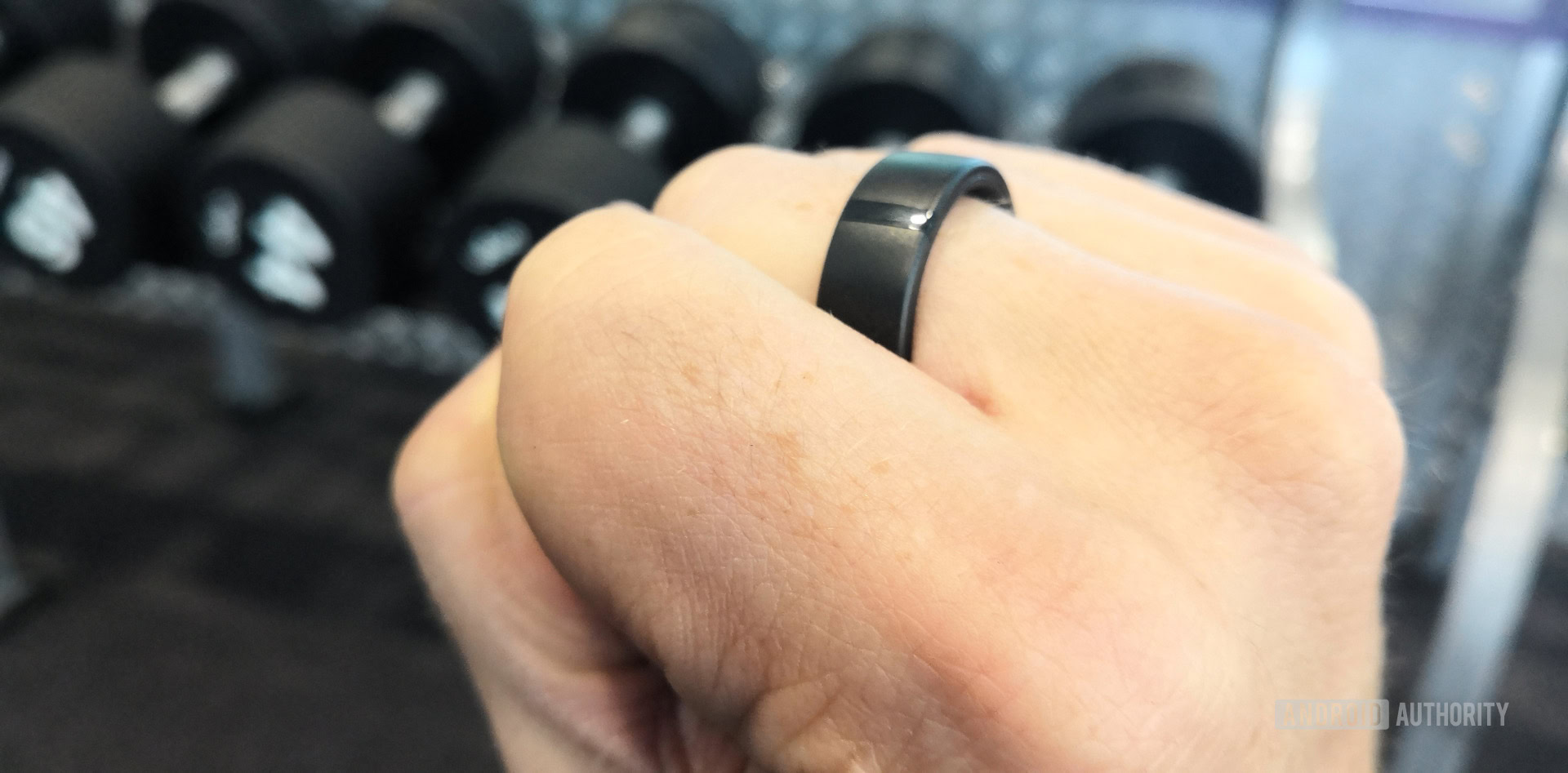
On top of that, you also get basic sleep tracking, which tells you how long you’ve been out, but doesn’t provide any detail in terms of deep, light, or REM sleep, among other things.
What you do get is a resting heart rate, which is a good indicator of overall cardio fitness, and stress to a lesser degree.
All this is conveyed through the app, which is similarly minimalist, though still nicely designed and easy to use. The main screen shows your activity for that day, presented as a series of cards. These cards tell you the main data points that have been collected (specific walks with active minutes tallied, sleep, resting heart rate).
Your resting heart rate is a good indicator of overall cardio fitness.
Tapping on any of these cards shows a little more data. You can see trends for your sleep and average sleep time. Mine is currently seven hours and two minutes, which isn’t bad. Tap walk and you’ll be able to see the steps and distance.
The main page also shows you the number of steps you’ve taken, miles you’ve covered, and calories you’ve burned.
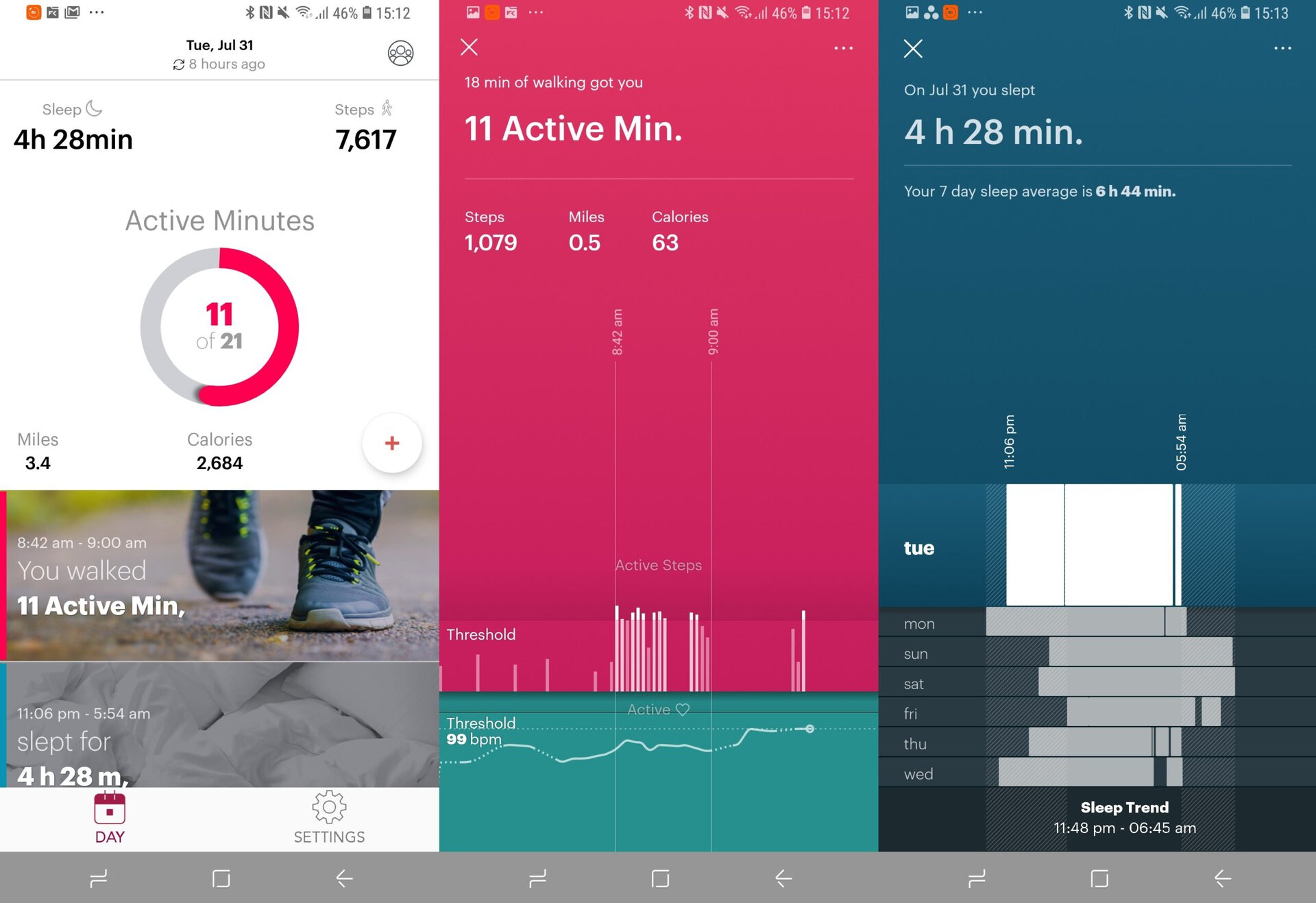
To see previous days, simply swipe left. Unfortunately, there’s no way to see a calendar month and select a day that way.
For me, the data was fairly accurate, with a few exceptions. Sleep tracking might not be that detailed, but it has been very accurate when identifying the times I dozed off and woke up (not something you can always rely on, even with bigger trackers). Likewise, the number of steps seems to tally fairly accurately with other trackers I used. Finally, there’s the ability to add friends to a “Circle,” as well as the option to add custom workouts.
The fact the Motiv Ring can auto-detect anything is amazing given its tiny size.
Furthering my gripe regarding the lack of functionality in the gym though, my workouts there weren’t tracked in any way whatsoever, and there’s no way to manually begin a workout. That said, it accurately detected a quick run and provided a fairly accurate breakdown showing my distance covered and max heartrate. However, there’s no GPS and you don’t get more detailed stats like pace or cadence, so I wouldn’t rely on this as your sole method of tracking a serious workout. Still, it’s cool.
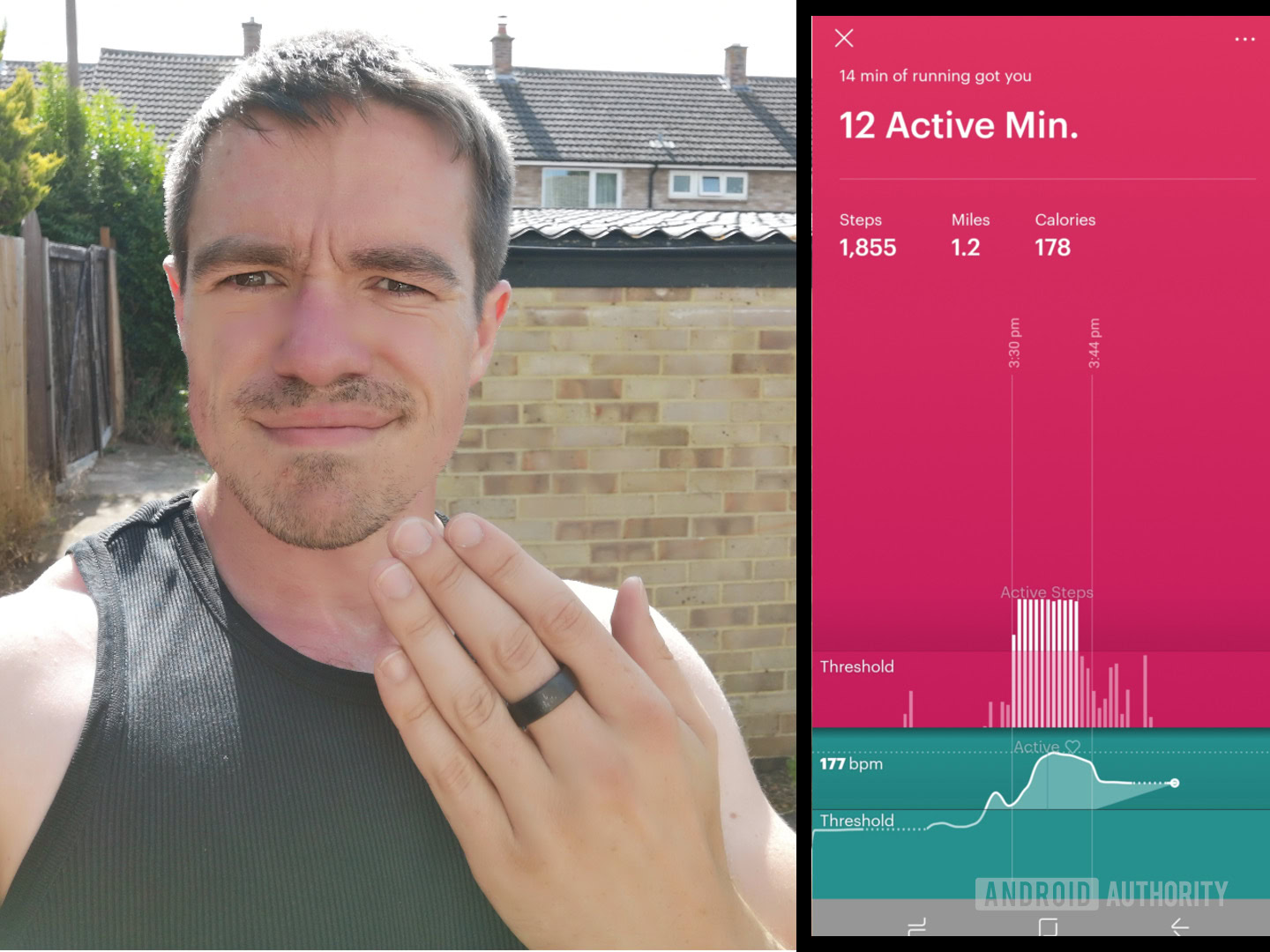
The ring should also be able to track a number of other activities. It couldn’t detect my boxing, but swimming (minus heart rate), sports, and more should be fair game. This is fairly basic, but the fact it can auto-detect anything at all is amazing given its tiny size. It means if you engage in a bit of impromptu activity, it generally won’t be missed.
I had some issues with the battery however. While writing this Motiv Ring review, I had the ring run out of power during the day on at least two occasions. One of those days I did 15,000 steps and two workouts, so that was quite a loss. Unfortunately, the ring itself doesn’t tell you when it’s running low. The app will tell you, but if you’re out for a walk or training this is easy to miss. It also takes its time charging, so it’s not easy to top up quickly if you’re caught short.
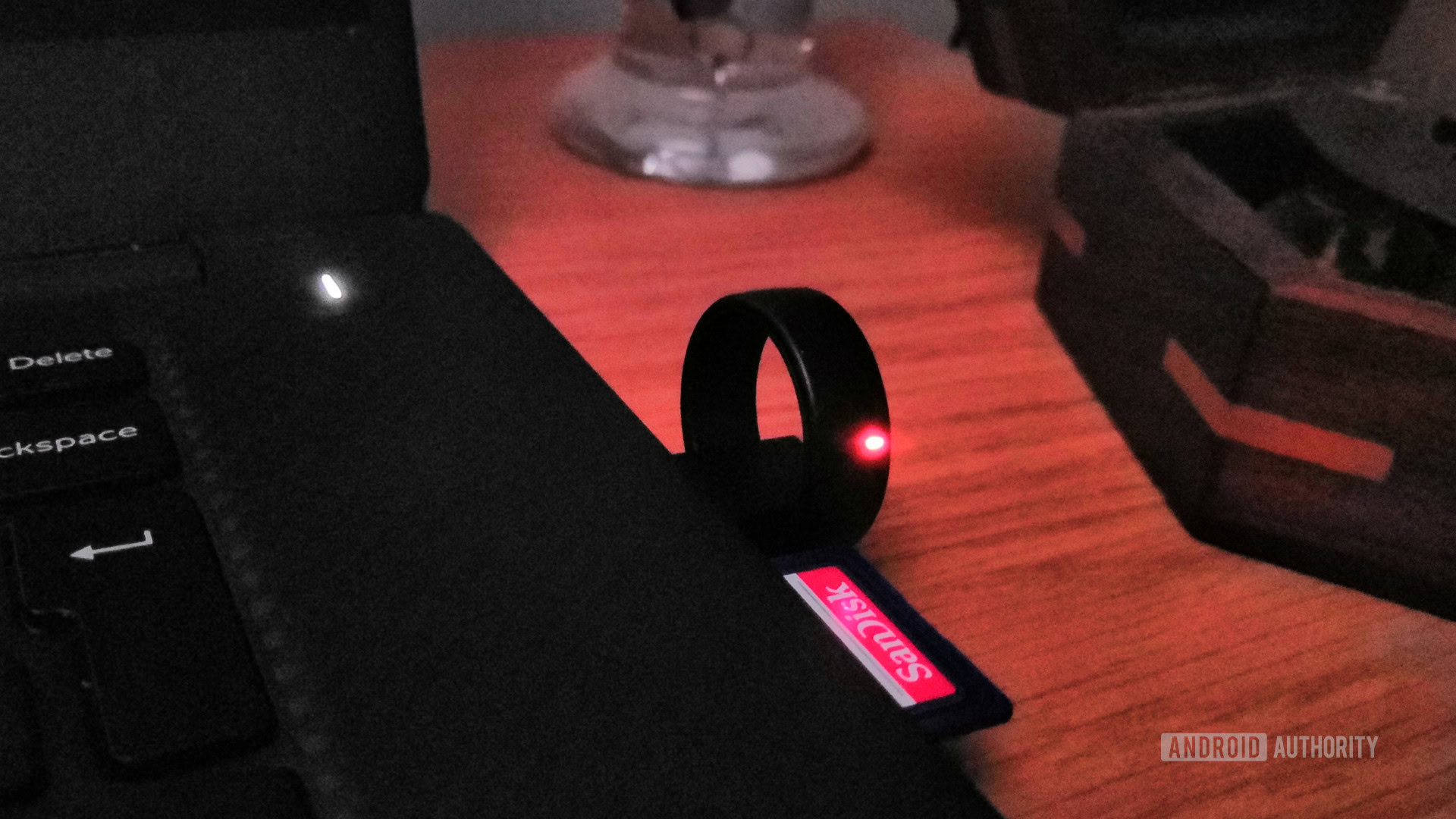
There’s also a slight oversight in the step-tracking department. If you have a day of walking that isn’t vigorous enough to trigger an”‘active minute” then you don’t get the card. Without the card, you can’t get to the page showing the breakdown of your steps that day. You can see your total steps, but you can’t see when those steps were taken throughout the day.
You’re also not going to get any MyFitnessPal synergy here, which is an unfortunate omission, though there is Google Fit integration.
Closing comments
Despite some of my concerns, I’m a fan of the Motiv Ring. I think it’s a well-made device, a feat of engineering, and a great idea.
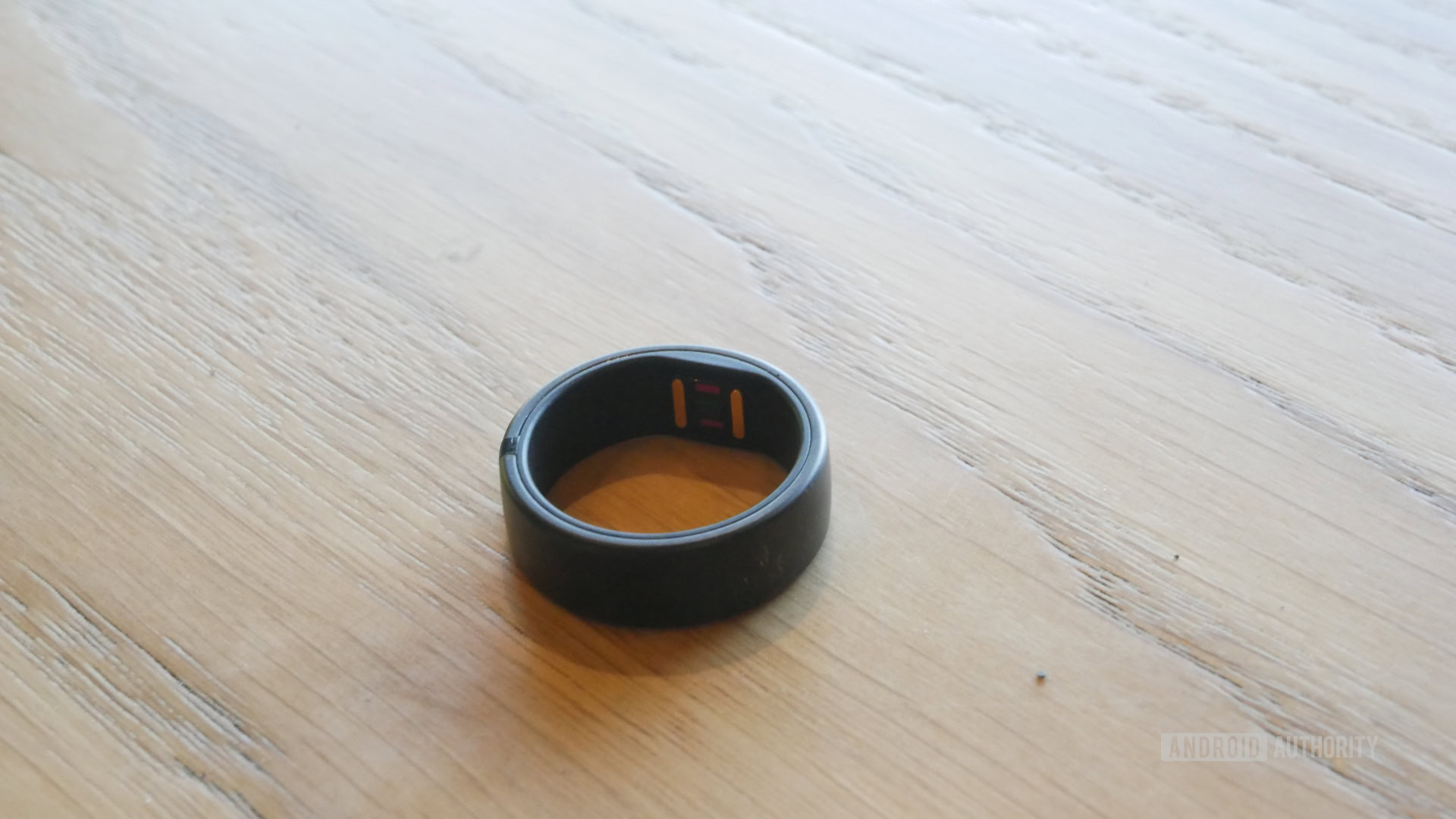
Unfortunately, it also has a host of drawbacks. Wearing something this small comes with compromises, and the idea itself doesn’t inherently solve every issue present with traditional wrist-worn trackers.
As a result, I can’t recommend this device for everyone. The quantity and accuracy of the data is simply insufficient for true fitness enthusiasts. Whether or not the design solves serious issues for you will depend almost entirely on your lifestyle and how you use your tracker. This isn’t a great solution for weightlifters, so you’ll have to consider your individual workout habits before deciding if the Motiv Ring is a good fit.
Think of it as more of a cheerleader or motivator on your finger and less of a coach.
The Motiv Ring seems pretty ideal for someone who just wants a bit of extra motivation to walk more, sleep better, and engage in the occasional bit of exercise. You can just forget about it and look at your trends over time, without getting bogged down in an excess of data. It’s a useful “better than nothing” option if you’re unsure about wearing a whole watch but still want at least some tracking. I often give up on wrist-worn trackers for months at a time, so I could easily see myself using the device more consistently than those (especially considering how no fitness tracker is perfectly accurate anyway). In fact, I probably will keep it on for now. It is still very early days for the device, especially on Android. Future updates could add further functionality. At the very least, I hope to see support for a broader range of devices going forward.
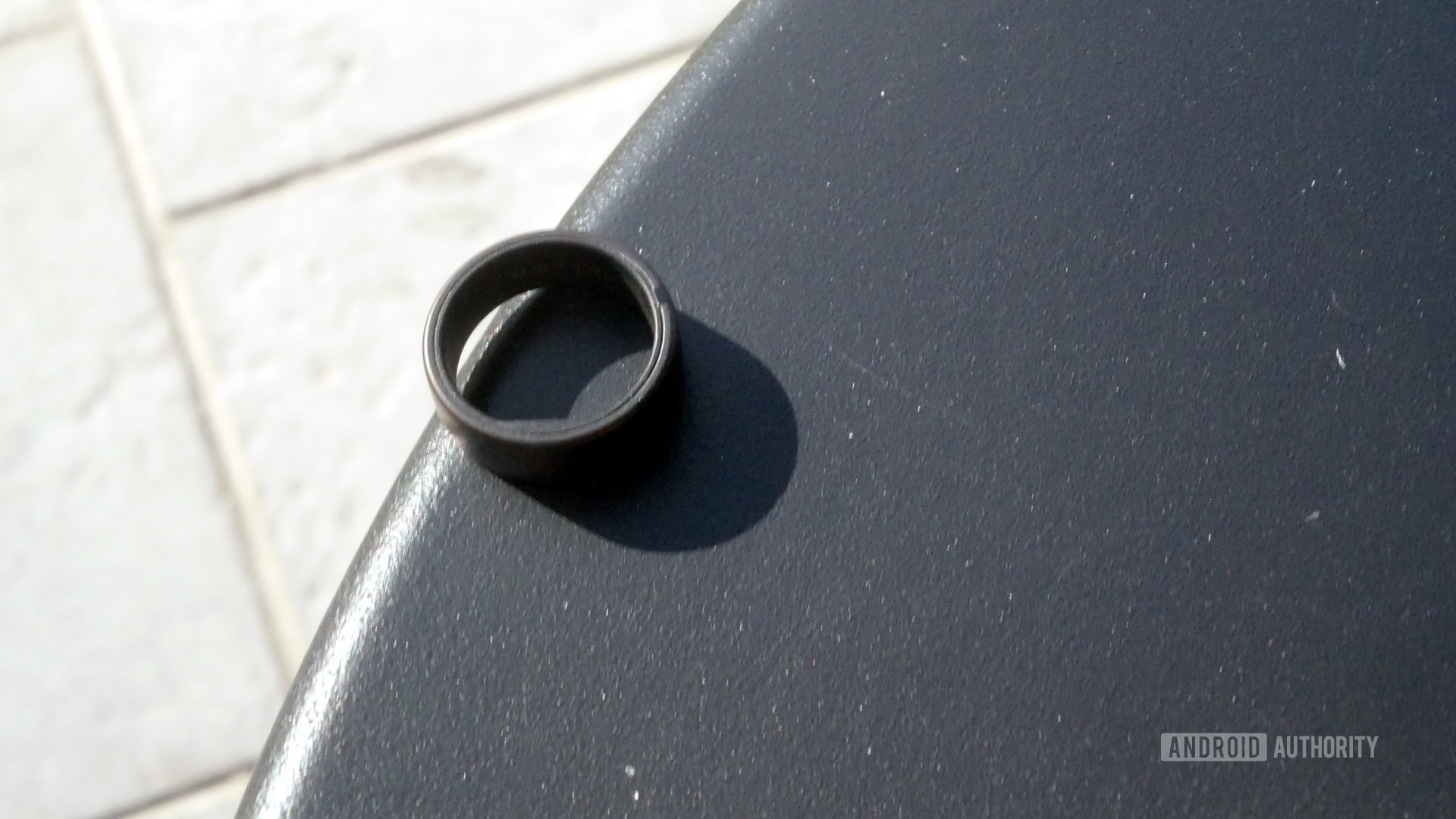
If you think of it as more of a cheerleader than a coach, you may find the Motiv Ring meets your expectations. The clue is in the name, I guess! The Motive Ring is now available on Amazon for $199.99.
Will you pick up the Motiv Ring? Sound off in the comments below!